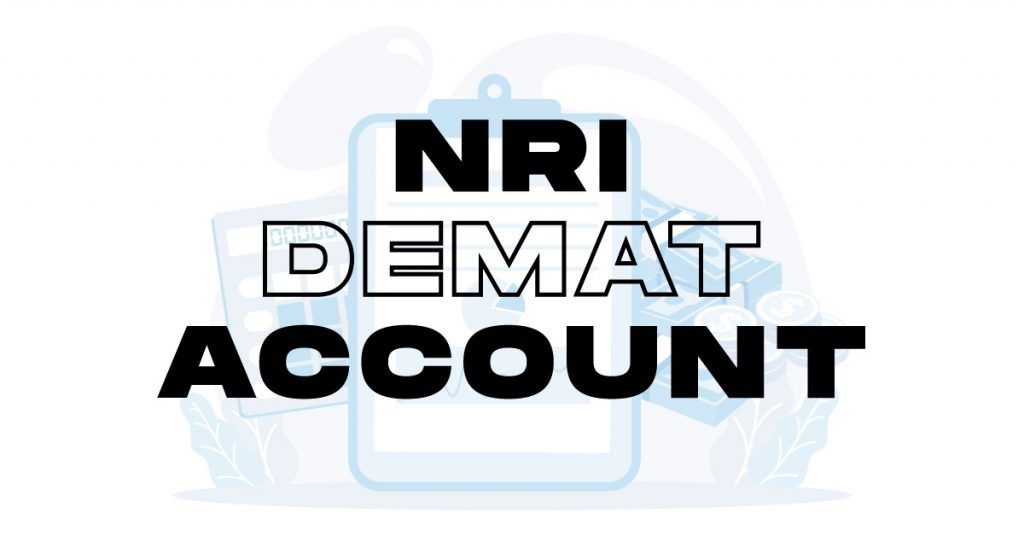How to check IPO Allotment Status?
Written by Dev Sethia
Published on November 26, 2025 | 4 min read

IPO Allotment Status
India's capital markets are experiencing a notable rise in private firms accessing public markets via Initial Public Offerings (IPOs). IPOs allow investors a chance to hold equity interest in fledgling companies.
IPOs are available to any kind of investor, including retail investors and Foreign Institutional Investors (FIIs), in the Indian marketplace. However, shares listed in companies will be allotted randomly among retail investors, so not every bidder gets the shares they requested.
What Is IPO Allotment?
IPO allotment refers to how investors get shares in the company that is going public. Allotment is one of the stages in the initial public offering (IPO) process regulated by the Securities and Exchange Board of India (SEBI).
Before permitting a company to open up an IPO, SEBI checks the company's background, affordability, and the reason it is raising money, allowing the public to invest in company shares safely and transparently.
Upon SEBI’s approval, the company announced the open bidding for the IPO. After that, an investor applies for shares in the IPO, but whether it gets an allotment or not will depend on several factors.
Particularly when the IPO is oversubscribed, that is when the aggregate bidding exceeds the shares on offer. In this over-subscription case, not all investors will be able to receive shares.
The IPO Allotment Process
The allotment process starts after the IPO is closed. Only valid applications will be taken into account, and every bid is considered a single application, whether it is for one lot or numerous lots. Retail investor allotment will be made through a computerised randomisation process.
There are three possible outcomes for IPO allotment:
Full Allotment:
This means that the investor receives the precise amount of shares that they applied for. For example, if they applied for 1,000 shares, they will receive all 1,000 shares at the price set by the company.
Partial Allotment:
Investors will receive a fraction of the shares they initially applied for. For example, if the investor applied for 1,000 shares, they would receive 200 shares.
No Allotment:
This means the investor did not receive any shares.
When shares are allotted, the investor should receive a debit message from their bank for the amount allotted, while the remaining funds for the unallotted shares will be refunded.
Checking IPO Allotment Status
IPO allotment status indicates whether shares have been allocated to an investor. This can be checked using the applicant’s PAN or Demat account number through several channels:
-
The official website of the Bombay Stock Exchange (BSE).
-
The official website of the IPO registrar.
Investors must ensure their bid is valid by correctly applying for the IPO and blocking the application amount in their bank account linked to their Demat account.
IPO Allotment Date
The IPO allotment date is the date which is announced along with the IPO, when shares are officially allotted to the investor. Investors can track the date to ensure that they are allotted shares.
How to Increase Your Chances of IPO Allotment
Retail investors can take several steps to improve the likelihood of receiving an allotment:
How to Invest in an IPO?
Investing in an IPO in India has nowadays been made easy due to digital banking and UPI-enabled apps. Investors can apply in two ways:
Brokerage Platforms
Investors can apply for IPOs directly through the broker's platform. After the application is submitted, a UPI mandate request is generated to block the application amount.
Banks via Net Banking
Many banks have online portals to apply for applications by just entering the Demat and PAN details and consequently blocking the application funds.
After the application, investors receive an email confirmation. After that, the UPI mandate will be initiated and if approved, the application will be finalised and the allotment can proceed.
Understanding Oversubscription in IPOs
Oversubscription happens when there is a higher demand for shares than what is offered. In India, SEBI has put in place rules that help maintain a fair basis of allocation in two situations:
Small Oversubscription
All applicants receive at least 1 lot, and a pro-rata share of any excess lot.
Large Oversubscription
In a scenario where demand is so high that you could not even give every applicant 1 lot (which would work against fairness), there is a random lottery in play, which will at least still empower the rules of fairness.
Conclusion
IPO allotment is a crucial step for investors seeking to participate in a company’s public debut. Understanding the process, SEBI rules and oversubscription trends helps investors improve their chances.
With digital platforms and informed strategies, investors can secure allocations and benefit from companies transitioning from private to public markets.
About Author
Dev Sethia
Sub-Editor
a journalism post-graduate from ACJ-Bloomberg with over three years of experience covering financial and business stories. At Upstox, he writes on capital markets and personal finance, with a keen focus on the stock market, companies, and multimedia reporting. When he’s not writing, you’ll find him on the cricket pitch
Read more from DevUpstox is a leading Indian financial services company that offers online trading and investment services in stocks, commodities, currencies, mutual funds, and more. Founded in 2009 and headquartered in Mumbai, Upstox is backed by prominent investors including Ratan Tata, Tiger Global, and Kalaari Capital. It operates under RKSV Securities and is registered with SEBI, NSE, BSE, and other regulatory bodies, ensuring secure and compliant trading experiences.

























